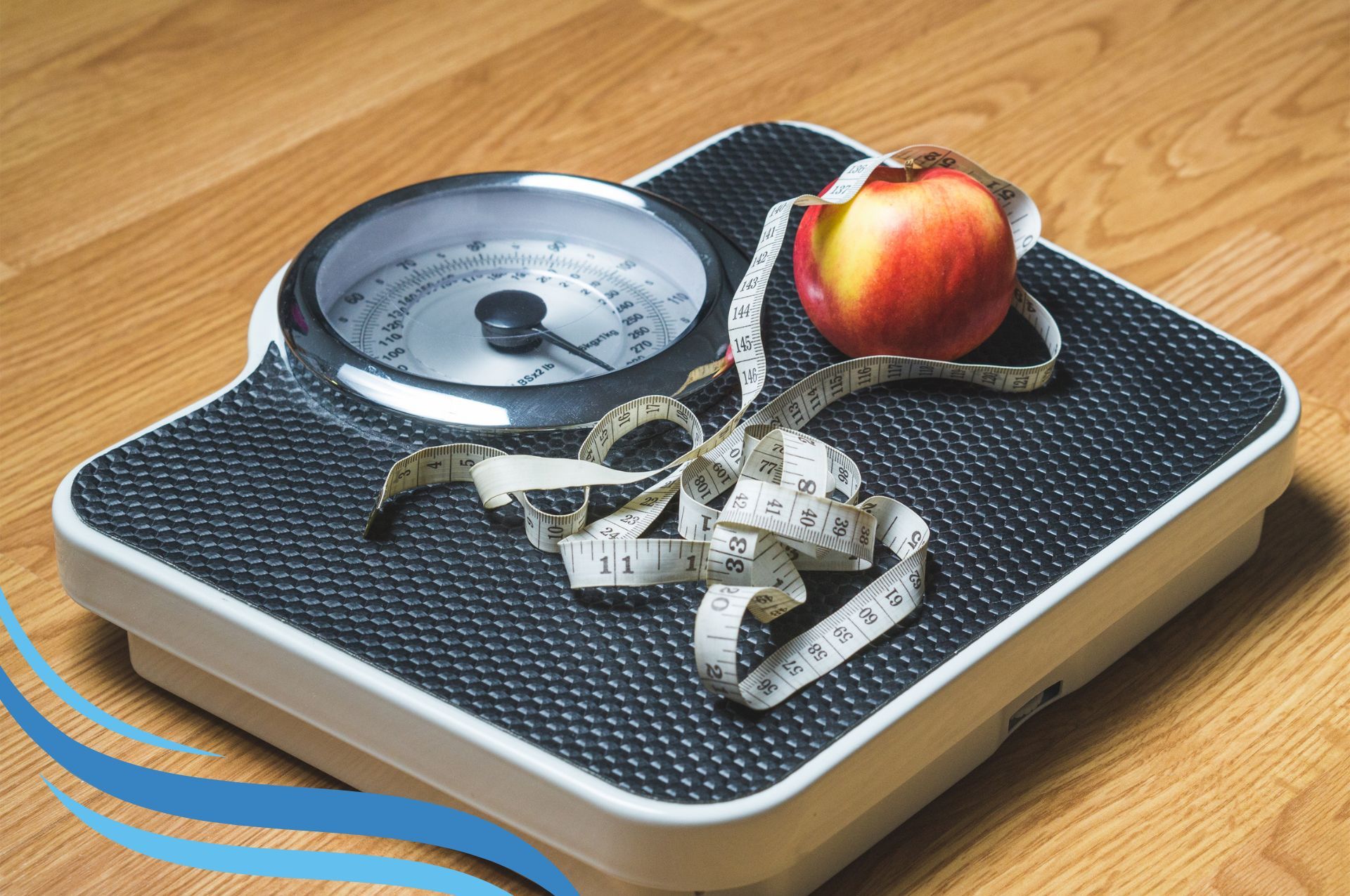Our top tips for a good night's sleep away from home
Patrick Campbell • 17 December 2020
There's nothing like collapsing into your own bed. If you're staying away from home this isn't an option. Here are a few tips to have the best possible night's sleep when staying away from home.
Each New Year, we see a lot of patients coming in with neck and back pain, triggered by a festive stay on an unfamiliar bed. We also hear the same throughout the year from business travellers. While Christmas 2020 will be different for many from other years, here are our top tips for managing musculoskeletal problems that flare up this time of year.
1. Avoid stress
This is a tough one, as the festive season can be quite stressful: the looming end of the working year, family disagreements, the pressure of making Christmas “just so” can all contribute. However, stress is a common cause of physical pain. Being in pain can also lead to shortness of temper that builds stress. Take time to break the cycle by recognising the link and doing what you can to manage your own stress levels.
2. Be prepared
Like a good Boy Scout, “Be Prepared” and take any critical home comforts with you, if travel space allows you to. Sleep is something you have to do every night, so it is worth prioritising the things that will help you sleep well over the things that might be useful during your stay. If you need darkness to sleep, take a face mask. If silence is important, take some ear plugs.
The single biggest thing you can do to protect your musculoskeletal health is take your own pillow. Sleeping on unfamiliar pillows can be really disruptive, so take your own if possible. If you can’t, rolling up a towel and placing it inside the pillowcase can provide extra support.
Electronics can also get in the way of a good night’s sleep. It’s good advice all year round, but avoid using electronic devices too close to bedtime. If you’re sleeping in a living room or an office, turn off or cover up devices with those annoying blinking lights that will disturb you in the darkness.
3. Hack your bed
Tossing and turning rarely improves the quality of sleep you get once you realise you’re not comfortable enough. Take the time before going to bed to check out what you’re sleeping on and work out if it is comfortable enough.
If your mattress is too firm, a duvet or towels can make a good impromptu mattress topper. If it’s too thin or too soft, you might have better luck moving it to the floor. If you’re sleeping on an airbed, take the time to check the air pressure and get it right before the noise of adding or removing air will disturb others.
4. Stretch
Your body loves to move, so performing a few simple stretches can help put the troubles of a bad night behind you. Basic yoga moves like cat-cow, child’s pose and downward facing dog will gently stretch those niggly cramps away.
5. Leave it to the professionals
As tempting as it can be to click your neck when it is feeling uncomfortable, this can lead to more problems. The feeling of the need to click can arise because a joint is not moving properly. When this happens, the DIY approach will usually result in movement in the adjacent joints. It may briefly feel better, but it won’t make the problem better and can lead to a worsening of your symptoms in the long run.
If you need a professional adjustment, give us a call!

Every so often, I come across someone who’s been told, or believes, they have cervical kyphosis. It’s a term that sounds serious and often sparks fear, confusion, or a sudden identity shift: “I have a curved neck; I must be broken.” Today, I saw just that—someone on social media seeking help after self-diagnosing with cervical kyphosis.

If you have private health insurance with Bupa, Axa, Aviva, Vitality, or WPA, you may be eligible to receive Chiropractic, Osteopathy, or Physiotherapy treatment at Kube Medical in Swindon. Many health insurance policies cover musculoskeletal treatments, but it’s important to understand how the process works, what is covered, and how to make a claim.
This guide will walk you through the insurance process, what treatments are covered, and how to book an appointment using your insurance.









